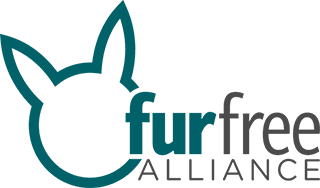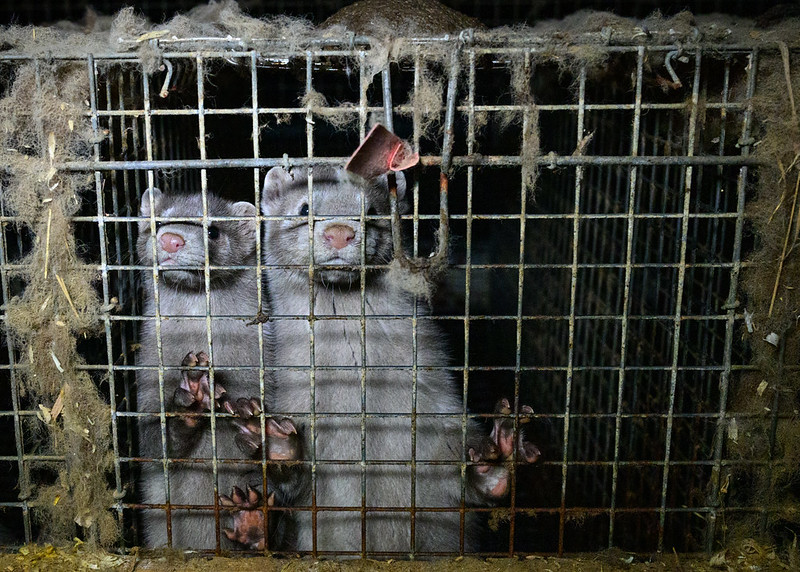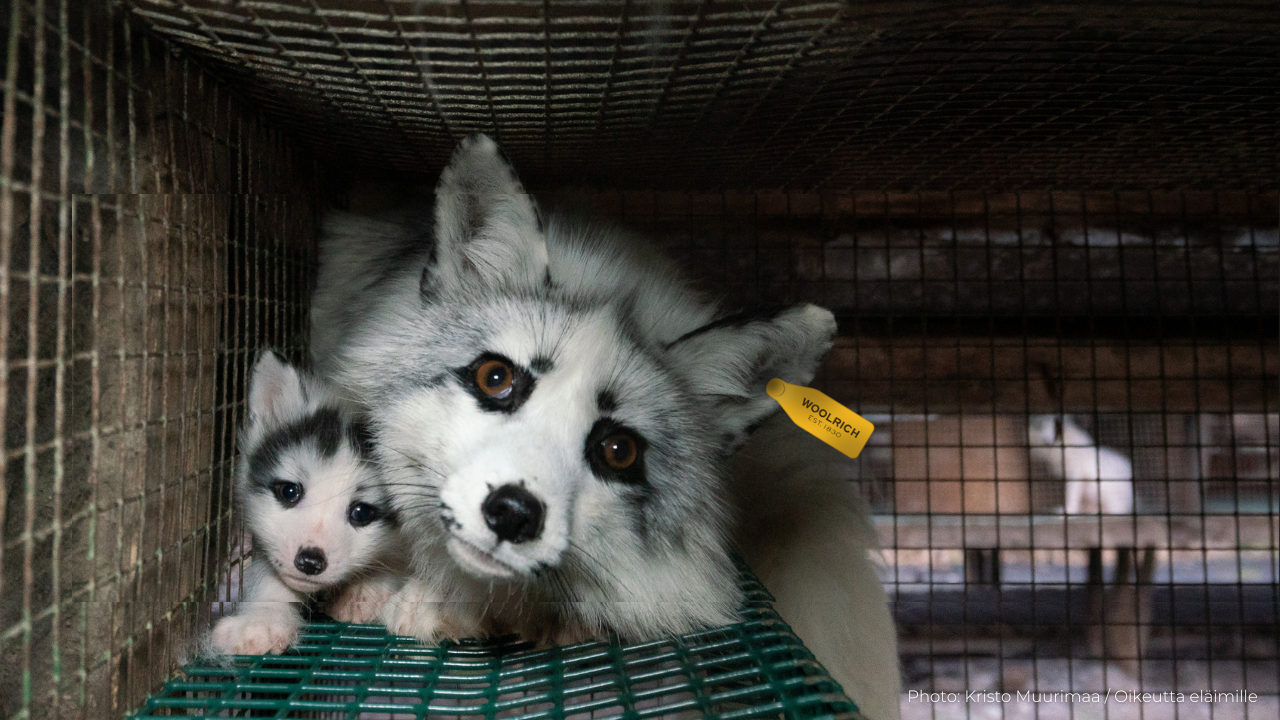
New EU ban on keeping American Mink could spare millions from suffering
The EU has taken a significant step by listing the American mink (Neogale vison) as an Invasive Alien Species, potentially putting an end to mink fur farming across Europe. However, animal advocates warn that unless the European Commission blocks attempts to exploit legal loopholes, millions of mink could continue to suffer on fur farms despite the ban.
Under the new regulation, EU Member States must now prohibit the breeding, sale, keeping, transport, and release of American mink—currently caged in their millions on fur farms in Poland, Finland, Greece and Spain. However, derogations (legal exemptions) could allow mink fur farms to continue operating, undermining the spirit of the ban.
Joh Vinding, chairman of the Fur Free Alliance, says:
“Adding American mink to the alien species list sends a clear signal: fur farming is an environmental and ethical disaster. This regulation should enable Member States to shut down mink farms for good. But there’s a real risk that a few countries could attempt to sidestep the ban, that’s why the Commission must act decisively—by rejecting these attempts and introducing a permanent EU-wide fur ban on ethical and ecological grounds.”
The American mink, native to North America, was introduced to Europe in the 20th century for fur production. Millions have since escaped farms, establishing wild populations that endanger local species, including the critically endangered European mink.
To protect native biodiversity, Member States will be prohibited from breeding or keeping American mink starting 7 August 2027. They will also be required to support fur farmers transitioning out of the industry with compensation, training, and reemployment programs.
However, when raccoon dogs were listed as invasive in 2019, derogations granted to Finland and Poland allowed raccoon dog fur farming to continue for 30 years, despite well-documented ecological damage. Similar exemptions now could keep the fur trade alive, allowing countries to invest in expensive upgrades to a declining industry on the brink of collapse.
Joh Vinding continues:
“Granting authorisation now would waste public money, perpetuate animal cruelty, and defy overwhelming public and scientific consensus. The Commission must not throw a lifeline to a dying industry.”
Public demand for a full EU fur ban grows
Despite the plummeting demand for fur, around 6 million mink are still farmed each year in the EU. However, fur farming bans are gaining ground: twenty-two European countries, including 16 EU Member States, have already introduced bans, including Italy, The Netherlands, Lithuania, and the Baltic states. Sweden’s last remaining mink farms have closed, although a ban is still under discussion.
The recent successful Fur Free Europe European Citizens’ Initiative, signed by over 1.5 million EU citizens, calls for a ban on both fur farming and sales of farmed fur products. In response, the Commission has committed to exploring legislative action, with a formal proposal expected by March 2026.
The Fur Free Alliance urges the Commission to advance a full EU-wide ban on fur farming at the earliest opportunity, and, until then, to reject any Member State requests for authorisation to issue permits to continue mink fur production, which would only prolong ecological damage and animal suffering.




